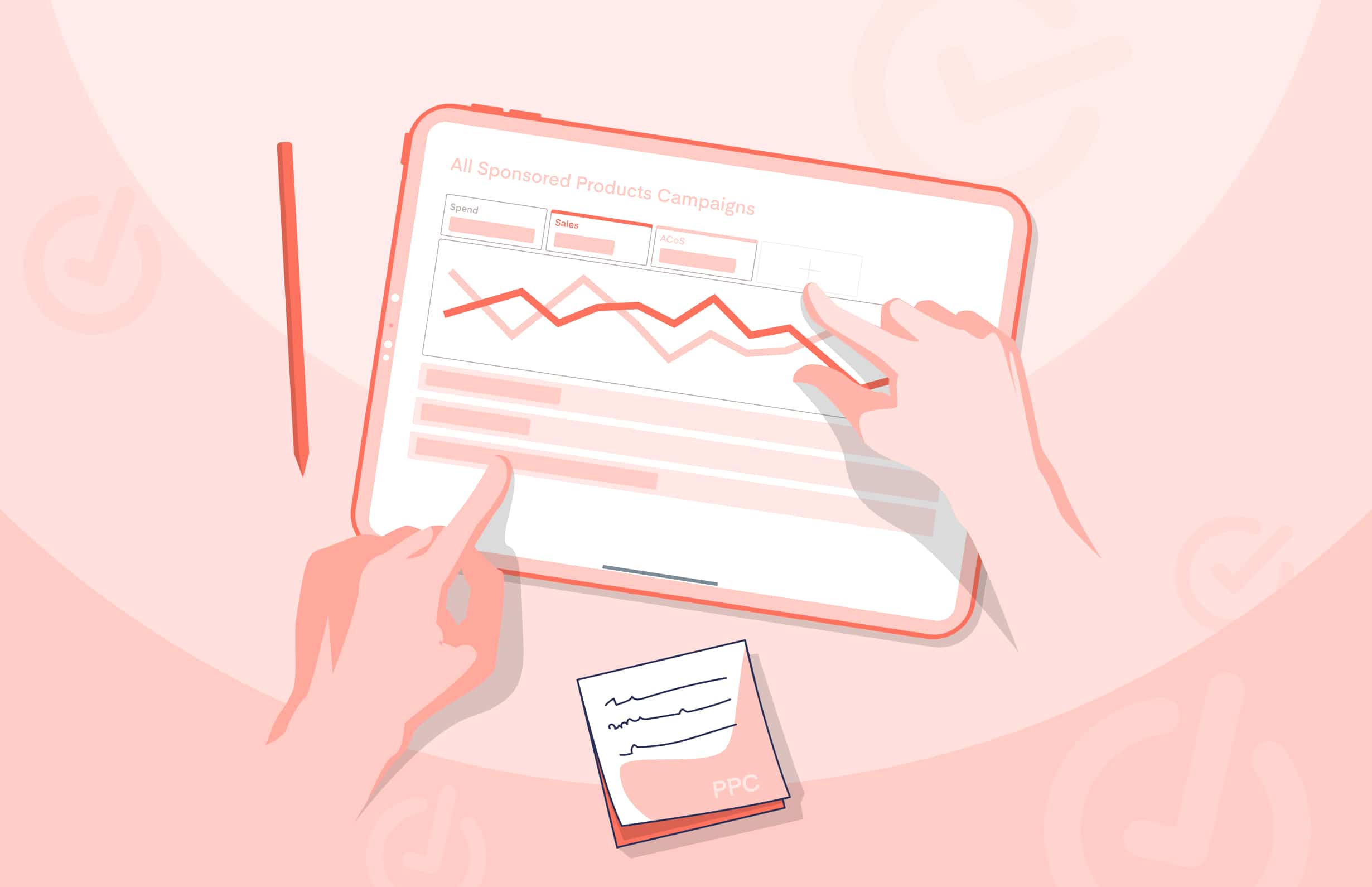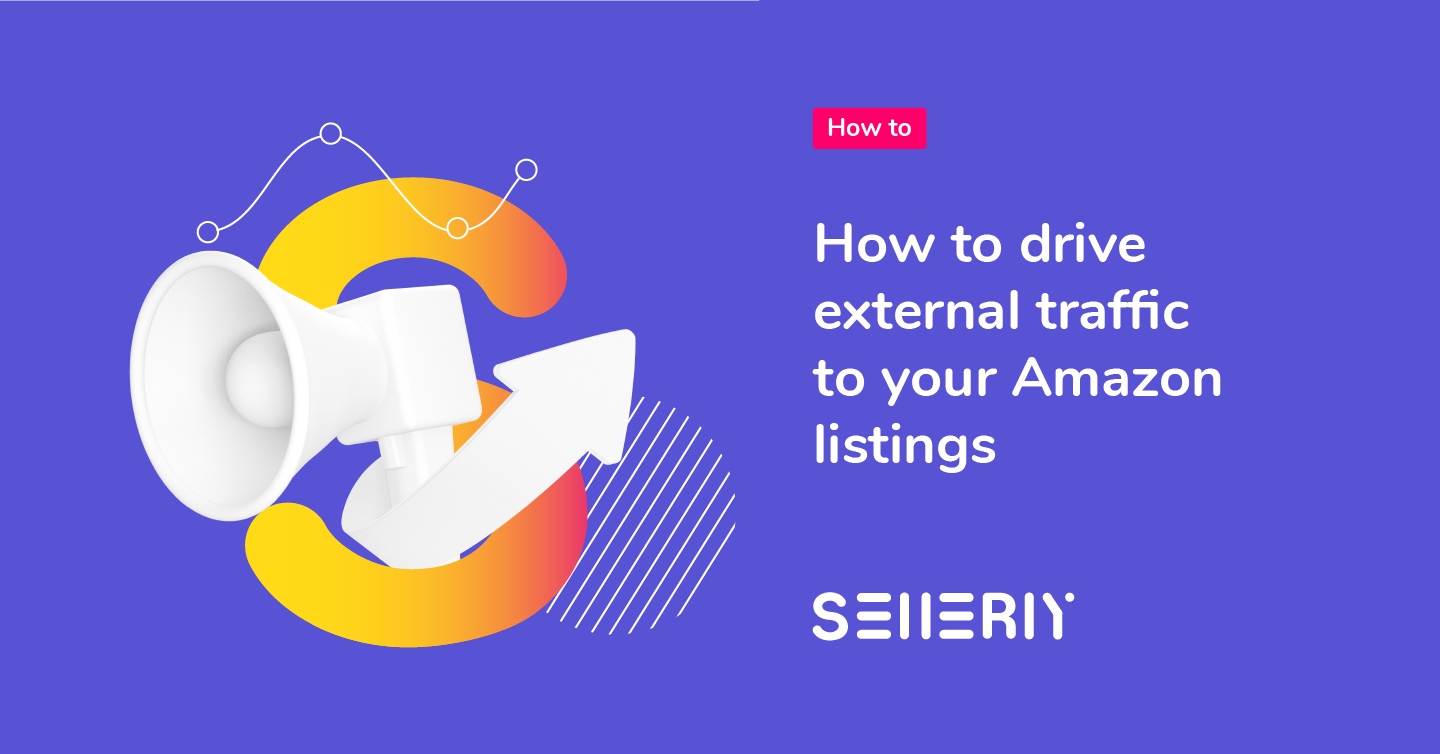
The key to any Amazon business' success is keyword research. It allows you to determine what search terms customers use to search for products. This helps you rank your product higher in Amazon search results, ultimately generating more sales.
You can use many tools to help you in this endeavor. Choosing the right one can make or break your results, so read on for our top picks!
What tool is used for keyword research at Amazon?
Amazon is one of world's most important search engines for general product queries as well as e-commerce. It doesn't reveal volume or pay-per click ad information. This makes it difficult to discover which keywords are being used by consumers for your products.
You can find keywords that could drive sales to product listings by using a good keyword research tool. This is a crucial step in your Amazon advertising strategy.
The best free tools for keyword research include Influencer Marketing Hub and Helium 10. To find thousands of keywords that are relevant to your e-commerce store, you can use ASIN or a seed keyword.
Many of these keyword tools offer reverse ASIN lookup to help you identify keywords that your competitors rank for. This feature can be used to find less competitive search terms, which you could consider including in your product titles, descriptions and bullet points.
Search keywords on amazon

Keywords are search terms that customers use in order to find Amazon products. They are one of many factors that can influence the rank of a product within the search results.
There are many ways you can come up with keywords that will be relevant to your Amazon products. You need to make sure that your keywords are accurate and relevant.
You should also focus on the search terms used by your target audience. This will help you find the best keywords to use on Amazon.
It would be a smart thing to include non-stick pans in your keywords. This will increase the likelihood of your being found by customers looking for nonstick pans.
Product keywords
Keywords can be defined as the words customers use to search Amazon's search engines for products they are looking for. Your product listings should include keywords. This will help increase your search engine ranking, which can translate into more sales.
Whether you're selling your own product or another company's, keyword research is crucial for your success. This will enable you to target the most lucrative searches and make the most out of your Amazon advertising.
You should use keywords that are high in search but low in competition. This means you don’t need to spend much money on marketing.

Ubersuggest and Sonar can be used to help you find the keywords. These tools are free and simple to use and can be a great place to start when researching Amazon keywords.
Amazon long tail keywords
Keyword research is an essential step for eCommerce sellers. It allows them the freedom to do more for their business. It increases their conversion rate and improves their product rank on Amazon.
Because they are more competitive and have higher buyer intent, long-tail keywords can be very valuable for e-commerce sellers. They can lower the cost of clicks (CPC) as well as be more effective in increasing sales.
It is not possible to find all long-tail keywords on your own, but you can use a number of tools to find them. A good tool will help you to generate hundreds of relevant long-tail keywords for your online store.
Using a long-tail keyword is the best way to attract customers and increase your brand awareness. You can do this by creating content strategies that include these keywords and promoting them with related tags on social media. These keywords can also be used in PPC campaigns to improve your product ranking on Amazon.
FAQ
How can I protect my privacy online?
It is important that consumers know the information they are sharing with companies like Amazon.com. Amazon.com should be asked if consumers want to share any personal information. If you don’t wish to share this type of information with Amazon, you might need to limit your shopping choices on sites where you feel safe sharing your private data.
Is it okay to ask for discounts when shopping?
It is a good idea to always negotiate a lower price for items you buy. It is acceptable to ask for discount codes. They may be able to offer you a deal if you are polite. This could save you time and money.
Do I really have to register my credit card number online for shopping?
Registering for your credit is optional. It is possible to get discounts or special offers by registering your credit card. It's always recommended to protect yourself by verifying your identity with your bank.
How can I do smart shopping online?
Smart shopping online means finding ways to save money without sacrificing quality. Here are some tips.
Shop around first. Compare prices and find the best deal.
Second, you might consider cash back apps like Ebates. They work similar to cashback programs found at physical stores. When you shop through their app, you earn points based on the amount you spend. These points can be used to redeem for gift cards and discounts.
Look out for promo codes. You can search for them at RetailMeNot.com. Enter the code at checkout to get your savings. The savings will be automatically applied.
Last but not least, be sure to check out the clearance sections. There are often amazing deals available on high-end brands at reduced prices.
Statistics
- Your Online Purchases 79% of Americans purchased goods and services online in 2018, which is expected to exceed 90% in 2023. (meetfabric.com)
- Beyond that, you'll be liable for a 25% import tax. (makeuseof.com)
- All items on AliExpress have an estimated delivery time on the product page, and it's usually anywhere from 20 to 60 days. (makeuseof.com)
- The vast majority only change a password to protect privacy a few times a year (27 percent) or, more likely, never (35 percent). (pcmag.com)
External Links
How To
How to shop safely online
Online shopping is one of the most convenient ways to buy goods and services. However, online shopping comes at a high cost. While online shopping offers many advantages, there are also some risks. The greatest threat is identity theft. Identity theft is the greatest threat. Identity thieves steal your personal information (names, addresses and credit card numbers) in order to either steal money from you, or take out fraudulent loan against your name. The thieves then sell the stolen information on black markets. These are some tips that will help you stay safe when doing business online.
-
Use a secure website. SSL encryption is free for most online stores. All information you enter on their website, including names, addresses, phone numbers and credit card details, is protected by SSL encryption so that only you can view it. It prevents others from viewing what you put in. Make sure that you have a valid certificate issued from a recognized CA when choosing an online store. When browsing the internet, look out for the green padlock icon near the URL bar.
-
Never give your password away. When you sign up for your first account, you will receive an email asking to confirm your username and email address. These credentials must not be shared with third parties. Also, don't write them down anywhere because if someone steals your wallet, they could access your accounts too! Instead, save them securely on your computer. You should also change your passwords regularly - every three months is recommended.
-
Keep track your orders. Track where you send packages if you're sending items to other people or yourself. Many people get scammed because they think they sent something to themselves, but it was actually sent somewhere else. Always check the tracking number before you pay for shipping. Always get proof of delivery before you ship anything. Contact the company immediately if you're not satisfied with the service provided.
-
It is important to know who you are dealing. Many websites ask you for sensitive information, including your full name, date and birth, Social Insurance Number, bank routing number, and social insurance number. These details help them identify you, so be careful about giving them out. Google "what does the website need" if you aren't sure if it needs these details. You'll find many answers.
-
Be wary about pop-up windows Pop-up windows can bombard you with offers and special deals from many sites. While some ads might seem legit, others may trick you into giving out private information. For example, a fake antivirus program might request your credit card number, social insurance number, and banking information. To avoid being tricked, never click on links that appear suspicious.
-
Phishing scams are to be avoided. Phishing scams are where hackers pretend to be reputable companies in order to trick customers into giving their financial information. Phishers send emails that look like they're from retailers and banks. These emails encourage users to log-in to update their account information. Hackers can gain control of your finances once your information is given. Hackers can even empty out your bank accounts or transfer funds between different accounts. You have many options for identifying a scam email, including How to Spot Phishing Scams.
-
Do your homework. Be sure to read the fine print before you sign anything. The terms and conditions of any contract you agree to must be clear and easy to understand. Read through all the information carefully, and ensure you know exactly what you're agreeing to. It's important to avoid hidden fees and charges when trying to save money.
-
Shop around. Shop around. Compare prices on different websites until finding the lowest price. Also, compare shipping costs when ordering multiple items. Shipping rates vary greatly depending on which website you use. It's worth paying a little extra for fast shipping.